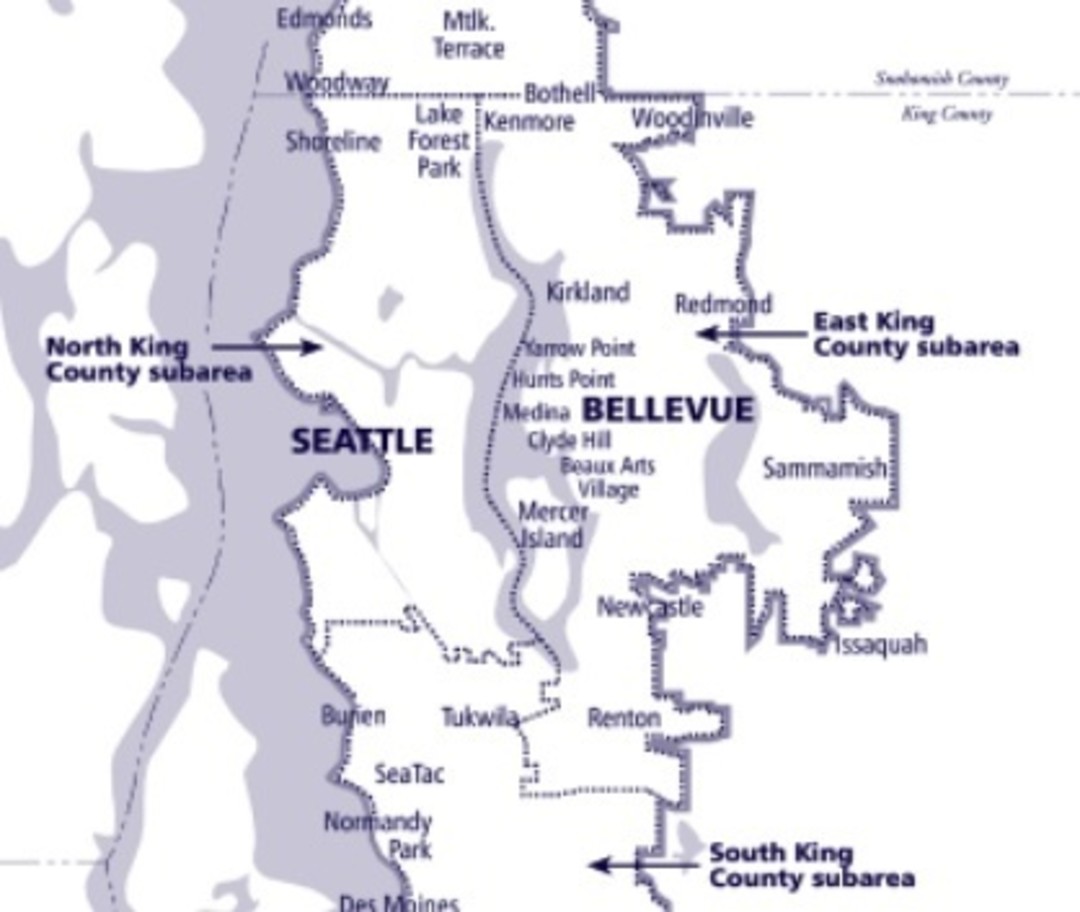One (More) Question for Ed Murray

One Question
Let's bring this full circle.
In last week's "One Question," we asked state Sen. Ed Murray (D-43, Capitol Hill) why he told a group of Democrats that he supported abolishing subarea equity, the Sound Transit policy mandating that funds that are raised in one of the transit agency's geographic "subareas" be spent in that same subarea.
Supporters say subarea equity ensures that Bellevue dollars, for example, don't fund projects in Seattle. (The original proponents of the policy, including former Eastside Republican King County Council member Rob McKenna, made exactly this argument, saying they didn't want Seattle pilfering suburban money for mass transit in the Rainier Valley).
Opponents say the entire region benefits from good transit, and that funding should go where it's needed most, not arbitrarily distributed by geographic area.

In our interview, Murray took the latter position, arguing that subarea equity "works against putting transit where it’s most useful—in urban areas"—including, increasingly, dense suburbs like Bellevue. "You wouldn't want to create a rural vs. suburban or urban war," Murray said. "But you do want to put [transit] where it's used the most."
Murray's comments kicked up a firestorm, including an editorial on Seattle Transit Blog and a series of responses on the Stranger's Slog, including a piece by Murray and a piece by Mayor Mike McGinn, who said Murray was trying to "blow up Sound Transit" by making a proposal that regional leaders would never agree to, and that would result in less transit funding for Seattle. "We need to ensure revenue raised in Seattle stays in Seattle to support our projects," McGinn wrote.
At issue, ultimately, is whether getting rid of subarea equity will bring more or less transit to Seattle.
So, we went back to Sen. Murray, taking this story full circle, with another Cola One Question.
Would eliminating subarea equity be a win for Seattle, or would we lose transit dollars to the rest of the region? Put another way: Is Murray's support for ending subarea equity good or bad for the city he hopes to run?
Murray's response:
I’m not saying that we should just get rid of subarea equity. King County Metro [which got rid of its own "40/40/20" subarea equity formula in 2011, replacing it with a formula that considers things like ridership, social equity, and productivity] convened a task force and came up with a different formula that attempts to drive service to where it can do the most good. So it’s not a zero sum game.
The world has changed. When subarea equity was put in place, the big movement was across I-90 to Bellevue. The big movement these days is across SR520 to Redmond. When subarea equity was put in place, there was also less movement within the region, and that has changed dramatically as well.
I think [ending subarea equity] does [help Seattle], because obviously we are the densest part of the region. But on the other hand, other parts of the region are becoming dense as well. We’ve really moved away from pro–Sound Transit urban Seattle versus the anti–Sound Transit suburbs. The world has shifted. ...
I think there’s capacity to raise money in the Puget Sound region that doesn’t exist at the state level. The challenge for us is if we want the amount of transit that we want in Seattle, we’re going to have to negotiate with our regional partners, because more light rail in Seattle has a direct benefit to our regional partners. It clears up their roads if we have more transit. This is being approached as if there’s only one slice of the pie. I don't believe that. I actually believe there’s a massive [appetite] for more transit.




